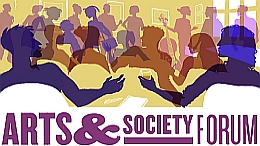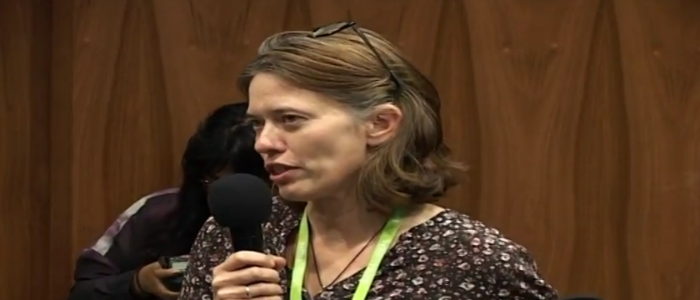
comment
Tax wars and inequality
Listen to the debate from the Battle of Ideas 2016.
This week, Philip Hammond presented his first full Budget as chancellor of the exchequer. Most of the commentary has been devoted to a rise in national insurance contributions for self-employed people, to be phased in over the next couple of years. Already, the move has caused consternation and the prime minister, Theresa May, has announced that there would not be legislation on the issue until the autumn, to allow time for consultation. Some have pointed out that the change would hurt many relatively low-paid people while other changes announced in the Budget would seem to benefit higher earners.
Arguments over tax and inequality have moved centre stage in politics in recent years. Erstwhile Democratic Party presidential candidate Bernie Sanders declared: ‘The issue of wealth and income inequality is the great moral issue of our time, it is the great economic issue of our time, and it is the great political issue of our time.’ The World Economic Forum argues ‘A growing body of research suggests that rising income inequality is the cause of economic and social ills, ranging from low consumption to social and political unrest, and is damaging to our future economic well-being.’ Oxfam has regularly caused a stir with its reports on global wealth inequality, claiming this year that just eight men have the same amount of wealth as the half the world’s population. Even then, do the wealthy even pay their way in terms of tax? The furore around the Panama Papers, which revealed the tax-avoiding strategies of many wealthy people, recalled Leona Helmsley’s infamous quote ‘We don’t pay taxes. Only the little people pay taxes.’
Critics of the discussion around inequality argue that poverty, not inequality, is the real problem. Even on this question, there is controversy. A common measure is relative poverty, which looks at the number of people whose income is below 60 per cent of a country’s median income. But is relative poverty really an appropriate measure? Someone who is relatively poor by UK standards could be rich by global standards. Someone doing a full-time job in the UK, even on minimum wage, is likely to be in the top 10 per cent of earners, globally. Others criticise the demand for equality of outcome. If we all end up the same, regardless of our personal efforts, why would anyone study hard or take risks in order to create wealth? As Don Watkins and Yaron Brook argue in another recent book, Equal is Unfair, what if the real threat to the American Dream isn’t rising inequality but an all-out war on success?
Should we be worried about inequality as well as poverty? Does inequality have effects on society that go beyond material disadvantage? Why have politicians become so keen on talking up inequality today? Is inequality inevitable – or even beneficial?
SPEAKERS
Daniel Ben-Ami
journalist and author, Ferraris for All: in defence of economic progress and Cowardly Capitalism
Dr Yaron Brook
executive director, Ayn Rand Institute; co-author, Equal is Unfair: America’s misguided fight against income inequality
Dr Faiza Shaheen
economist, writer, activist; director of CLASS (Centre for Labour and Social Studies); former head of inequality and sustainable development, Save the Children
Stefan Stern
director, High Pay Centre
CHAIR
Tom Bailey
journalist; contributor, World Finance, European CEO, and The New Economy.
To keep up with the IoI’s podcasts, add our RSS feed to your favourite podcast app.

comments archive

what's happening next

Barb Jungr’s Musical Inspirations
Tuesday 8 December, 7pm (UK), online, via Zoom





CONTACT Rob Lyons
BIOGRAPHY
CONTACT BY EMAIL